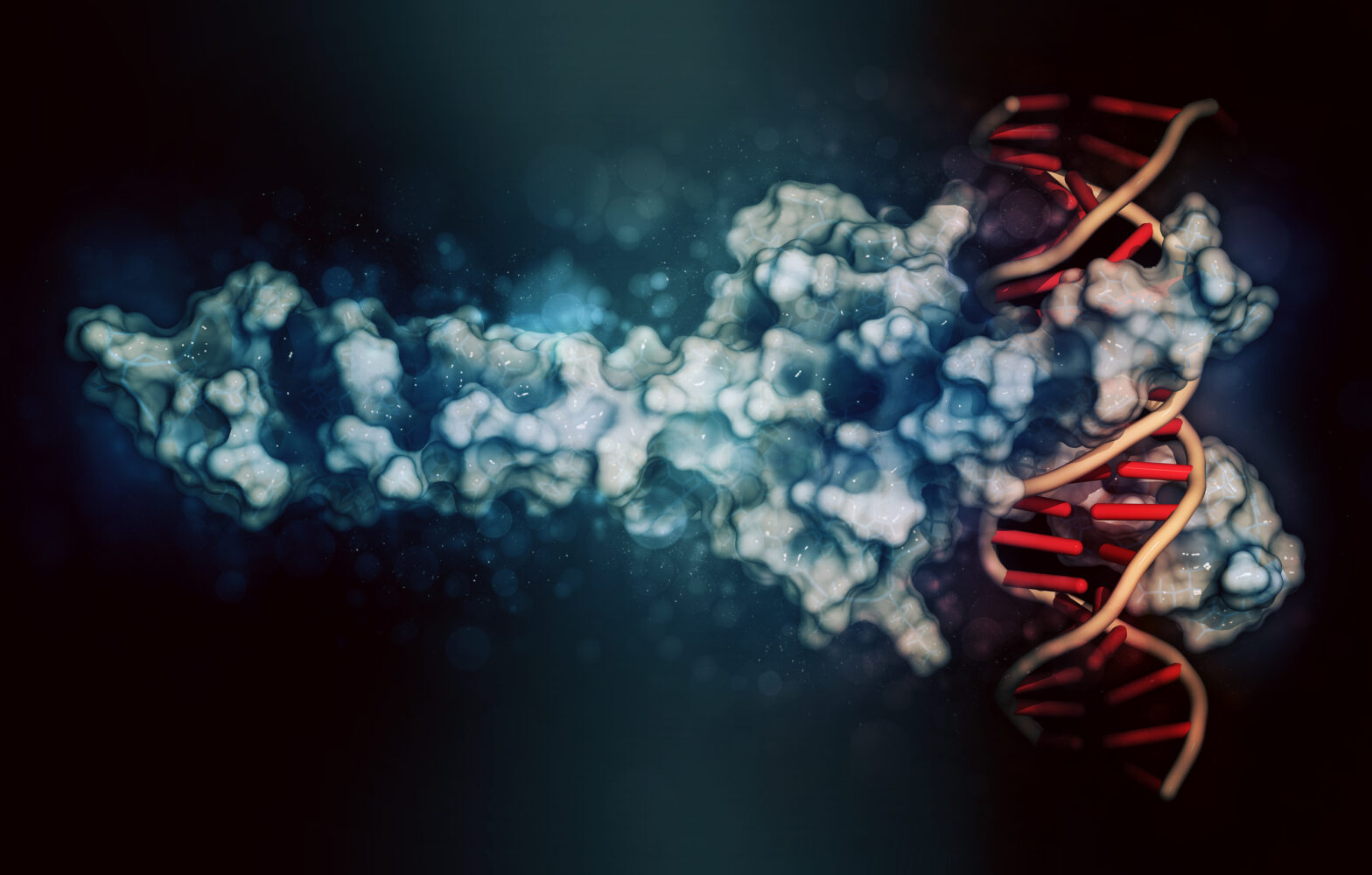New peer-reviewed article in Biomolecules, enforces the cancer cell selective killing of OXC-101.
In a recently published article, Oxcia and its collaborators at Karolinska institute, shows that OXC-101 is extra efficacious in cancer cells overexpressing c-Myc (Hendriksson et al, Biomolecules 2022, 12, 1777).
The underlying reason for this is that cancer cells with amplified levels of c-Myc suffers from replication stress causing DNA lesions to persist into mitosis (cell division). This activates the DNA repair synthesis in mitosis (MIDAS) observed in cancer cells and not in normal cells (Minocherhomji et al., Nature 2015: 528, 286-). Mitotic replication (MIDAS) is essentially a repair synthesis process of unrepaired replication stress from the S-phase of the cell cycle, which are high in c-Myc amplified cancer cells. These cancer cells are then extra sensitive to OXC-101 treatment, as OXC-101 causes a mitotic arrest, resulting in further ROS accumulation damaging the nucleotide pool and generating 8-oxodGTPs, which in the presence of OXC-101 are incorporated during mitotic DNA synthesis (MIDAS), contributing to cell death.
The transcription factor c-Myc is the single oncogene that is amongst those that most efficiently induce DNA replication stress (Dominguez-Sola et al., Nature 2007, 448, 445-451; Murga et al., Nat.Struct.Mol.Biol. 2011, 18, 1331-1335), which drives cancer and is associated with poor prognosis and unfavorable survival in patients with cancers such as aggressive prostate and ovarian cancer.
These findings enforce the cancer selective killing of OXC-101. Furthermore, the data suggests that c-Myc may be a biomarker for responders to OXC-101 treatment, something Oxcia will continue to investigate.
Background DNA replication stress
Genomic instability has been identified as a leading cause of cancer development. During carcinogenesis, oncogene activation primarily results in genome instability commonly via DNA replication stress (Halazonetis, T. D., Gorgoulis, V. G. & Bartek, J. An oncogene-induced DNA damage model for cancer development. Science (2008). doi:10.1126/science.1140735). DNA replication stress means the state of a cell whose genome is exposed to various stresses during DNA replication. DNA replication is the process of producing two identical replicas of DNA from one original DNA molecule, which happens during S-phase of the cell cycle.
Oncogene-induced DNA replication stress is induced by for instance defective nucleotide (DNA base) metabolism and induction of reactive oxygen species (ROS). Cancer cells commonly produce excessive amounts of ROS resulting in a high load of endogenous oxidative DNA damage.
One of the major products of DNA oxidation is 8-oxodGTP, a nucleotide causing DNA damage. In humans, the MTH1 enzyme degrades 8-oxodGTP to inhibit its insertion into DNA during replication and thus hinder oxidative DNA damage.
Read the article: https://pubmed.ncbi.nlm.nih.gov/36551206/
